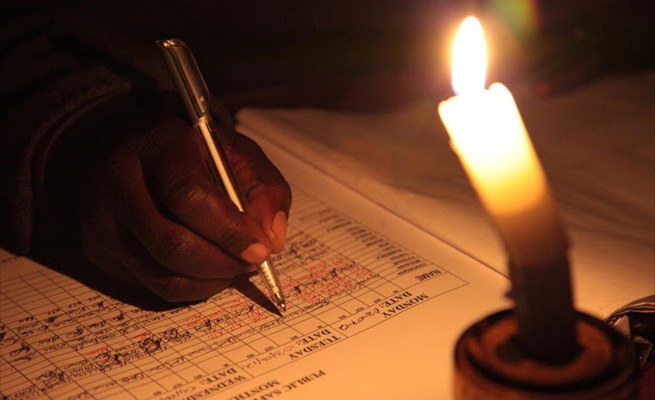Following a court bid by opposition parties and other organisations to hold the ANC led government and President Cyril Ramaphosa accountable for the country’s electricity crisis, President Cyril Ramaphosa has responded to the court challenge.
Ramaphosa said that the two spheres of government (provincial and national) are not obligated to provide citizens with electricity and it was not vested in the powers bestowed upon them to give what they don't have.
The United Democratic Movement and others opened a case against the ANC-led government, claiming that it was unconstitutional, negligent, and an infringement of human rights on how they've dealt with the electricity crisis in the country.
In an opposing affidavit, Ramaphosa emphasised that the three spheres of government are not constitutionally obligated to provide electricity. Ramaphosa said they are not in breach of the Constitution and cannot be held accountable for municipalities’ s failure to provide reliable electricity.
“In terms of part B of schedule 4 to the Constitution, electricity, and gas reticulation is a competence of local government. It is now accepted that municipalities are in law required to provide water and electricity to their people as a matter of public duty,” Ramaphosa said.
In the affidavit, Ramaphosa said, "Accordingly, if municipalities do not for one reason or another supply electricity to their people, the constitution does not say that the president must go down to the local government and do it.”
He went on to say that the president’s best efforts may not have produced the results desired by the applicants, it does not mean that the president has ‘failed to uphold, defend and respect the constitution as the supreme law of the republic’ as suggested by the applicants.
However, municipalities do not have the necessary capacity to supply the electricity in circumstances where Eskom has determined that load-shedding must be implemented. Ramaphosa said it was unfortunate that the applicants in the matter did not include the municipalities as respondents so that they too can have a say in the matter. The matter will be heard on the 20th of March in the Johannesburg High Court.










